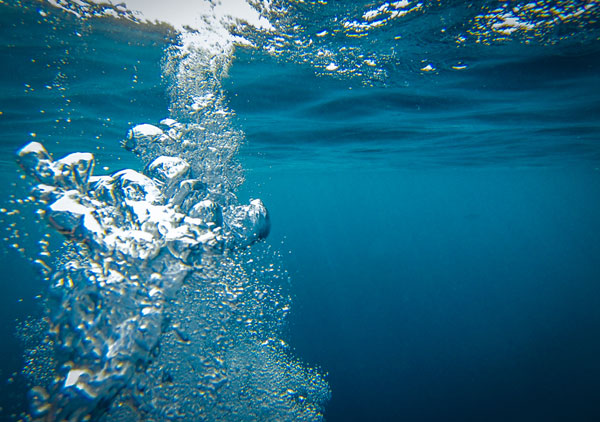
Test your knowledge on how water affects your homebrews in this week’s Tuesday Beer Trivia quiz.
Beyond survival, water is also crucial in making quality beers. Take a second to test your knowledge on the nectar of life and how it applies to brewing.
After you take the Beer Trivia quiz below, scroll down to the “Beer Trivia Answer Explanations” section to learn more about water.
Beer Trivia Answer Explanations
Click To Expand
The following explanations are taken from Water by John Palmer and Colin Kaminski and The Oxford Companion to Beer, “Deaerated Water” by Anders Brinch Kissmeyer.
Question 1:
The water’s flavor character should enhance the beer character and not detract from it. Some brewers have great recipes but don’t brew the best beer they can because they misunderstand the relationship between style and water profile.
Question 2:
Traces of oxygen in beer should be less than 0.05 parts per million (ppm), whereas naturally occurring concentrations of oxygen in water are 10–12 ppm. For brewers, stripping gases like oxygen from any water that contacts beer after fermentation helps maintain flavor stability. There are many way to de-aerate your water at home, the easiest of which is bringing water to a boil since oxygen has very low solubility in hot water.
Question 3:
In 1830, the composition of the water from Burton-upon-Trent was disclosed as the result of a libel lawsuit filed by the city’s local brewers against the Society for Diffusing Useful Knowledge, who had claimed Burton brewers adulterated their beers. The term was coined by Egbert Hooper in 1882 in the Manual of Brewing.
Question 4:
Calcium is particularly beneficial to brewers who brew with alkaline water due its ability to lower pH. It’s flavorless, and it protects, stabilizes, and promotes enzyme activity in the mash.
Question 5:
False. The addition of mineral acids and brewing salts was not allowed, however, acidification in the mash was achieved by using Sauermalz (malt that was sprayed with lactobacillus-soured wort and dried) along with decoction.


Share Post